What Clarkson's Farm can teach the drinks industry
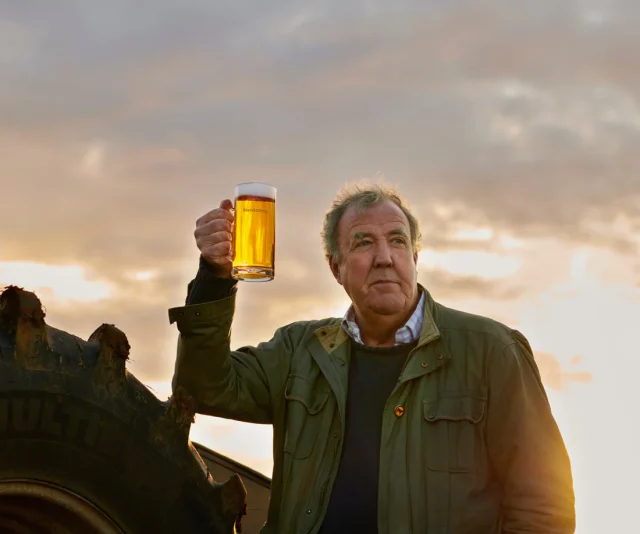
Build it and they might come
If there is an antagonist in Clarkson’s Farm, it would have to be West Oxfordshire District Council. The feud over the ex-Grand Tour host’s farm shop (which caused traffic problems due to its popularity) and his restaurant (which fell foul of the planning permission rules) have made for enlightening viewing.
Unfortunately, if there’s one lesson to be learnt from the repeated run-ins with West Oxfordshire District Council, it’s that in a dispute between a business and the local authority, the latter usually gets its way. Any application, be it for a new tasting room or expanded production facilities, must be absolutely watertight.
But even if every piece of paperwork is in order, drinks-led businesses can still be hit.
Clarkson’s disputes with the council were aggravated by his somewhat mixed relationship with the residents of Chipping Norton and Chadlington – in his case, it was a local stargazer complaining about light pollution which killed any hope for his on-site restaurant. Nimby-ism is not the best-documented threat to the hospitality sector, but it can prove to be highly costly and very difficult to fight.
Listen to the experts
Part of the appeal of Clarkson’s Farm is that, despite being surrounded by people with a wealth of experience, such as his long-suffering agricultural advisor ‘Cheerful’ Charlie Ireland, he still proceeds to go ahead, disregard the advice, and do things his own way. The fallout usually involves the scheme going wrong and him having to concede that he made a mistake.
One such example of this came to light (pun intended) when pub consultants Sue and Rachel Hawkins suggested that he invest £40,000 on three ‘jumbrellas’ (big umbrellas) to cover the deck at The Farmer’s Dog. The eye-watering price tag prompted Clarkson to deem it “nuts” and opt for a cheaper canopy, which then left the deck shrouded in darkness.
Shortly after the finale of series four aired this month, Clarkson conceded on Instagram that Sue and Rachel (who ceased working with the pub shortly after it opened in August 2024) were in fact correct.
The lesson? Business owners don’t always know best, and if you hire a consultant for their expertise, use it.
Weather eye
Sometimes things don’t work out even if Clarkson follows the advice to the letter.
The issue which comes up time and again in the series is that of the weather, particularly in relation to how poor conditions can affect yields and quality and, ultimately, the farm’s bottom line.
Those in the world of wine know that this isn’t just an issue faced by Diddly Squat. Wine is an agricultural product, and just like any crop, until the moment it is harvested, the weather can make or break it.
Perhaps the frankness with which Clarkson discusses crop failures, whether it be durum wheat or spring barley, due to the weather is an indication that wineries ought to be more honest about when a harvest doesn’t go their way.
This is not to say that viticulturists and winemakers are incapable of sincerity, but perhaps the wine sector needs to be more open about the financial cost of a bad harvest. Indeed, openness about why a bottle of wine costs as much as it does (material costs, labour, and, of course, duties) might go some way to educating consumers.
If the average pub punter understands why the price of their pint has risen above the £5 threshold, or your supermarket shopper can see why they can no longer buy the bottle they used to buy every weekend for less than a tenner, they might be more willing to continue forking out for it.
Likewise, his pub’s policy of only using produce grown or reared in Britain, to the extent that it doesn’t stock ketchup or coffee, reveals an important point about those who criticise English and Welsh wine for costing too much – it is incredibly expensive to produce certain crops in the UK, grapes included.
Rustic charm
Of course, publicly declaring that creating drinks can be ruinously expensive is surely commercial suicide – or is it? There’s no such thing as bad PR, at least when you’re a man who has a whole section for ‘Controversies’ on his Wikipedia page.
One such case study from Clarkson’s Farm concerns the issue of exploding bottles of Hawkstone Cider due to the liquid inside over fermenting.
The cider, launched by the show’s co-star and farm manager Kaleb Cooper in April 2022, saw a significant uptick in interest on Google in July 2023 when the faulty batch came to light. Clarkson and Cooper managed to own what could otherwise be a PR disaster through the tongue-in-cheek use of social media – the incident also featured in the third series, which aired in May 2024, sparking a similar boost in Google search traffic.

Another Hawkstone product recall happened this April when the Food Standards Agency (FSA) raised alarm that the Hawkstone Black and Hawkstone Spa Lager contained “undeclared wheat (gluten)” which was not mentioned on the label. That particular cockup links back to the previously-mentioned paperwork point about making sure that everything is done by the book.
Celebrity sells
It is very easy to malign celebrity-backed drinks, whether they be from globe-trotting pop stars or TV presenters, but the simple truth is that it does make a huge difference.
At a time when Britain is haemorrhaging pubs, to see The Farmer’s Dog rammed to the rafters is a refreshing change. Likewise, the popularity of his Hawkstone brand, in partnership with Cotswold Brew Co, is a real success story for British drinks. In the case of the latter, it came in at 24th in The Sunday Times‘ Hundred 2024 list of the fastest-growing businesses in the UK with an annual sales growth of 142.88% over three years and a staggering £7.8 million in sales in the year to March 2024.
The unfortunate reality, of course, is that most businesses have neither a celebrity nor a multi-million pound Amazon Prime series to back them up. However, at a time when the drinks sector is being assaulted from all sides, snobbery surrounding the use of famous faces is not a trait that most brands can afford.
The message comes second
What Clarkson has been consistently praised for since the show began airing in 2021 is how he has highlighted the struggle farmers everywhere face to keep going in the face of enormous adversity. Clarkson and Cooper’s contribution to the sector was recognised at the British Farming Awards after the first series aired when the pair received awards for Flying the Flag for British Agriculture.
However, of the record-breaking number of viewers to have streamed the show, how many did so because they had a genuine interest in agriculture?
Well, it’s pretty much impossible to tell, but having a figure as well-known as Clarkson at the helm has certainly encouraged many Amazon Prime viewers to click play.
Re-watching the trailer for the first series of Clarkson’s Farm, it promises entertainment, largely through the host’s own ineptitude. What it did not do was sell the concept to audiences as a series of lectures, even though it has proved to be a highly informative programme.
Perhaps what the show’s continuing success demonstrates to drinks brands is that you can hook an audience with good branding, and once they’re engaged with the brand it can then subsequently inform the consumer about other, weightier issues, whether that be the importance of regenerative viticulture or sustainable packaging.
So there we are, running a drinks business – how hard can it be?
Wine and beer prices rise under new glass packaging levy
‘You don't have to be a beer drinker to hang out at a brewery’
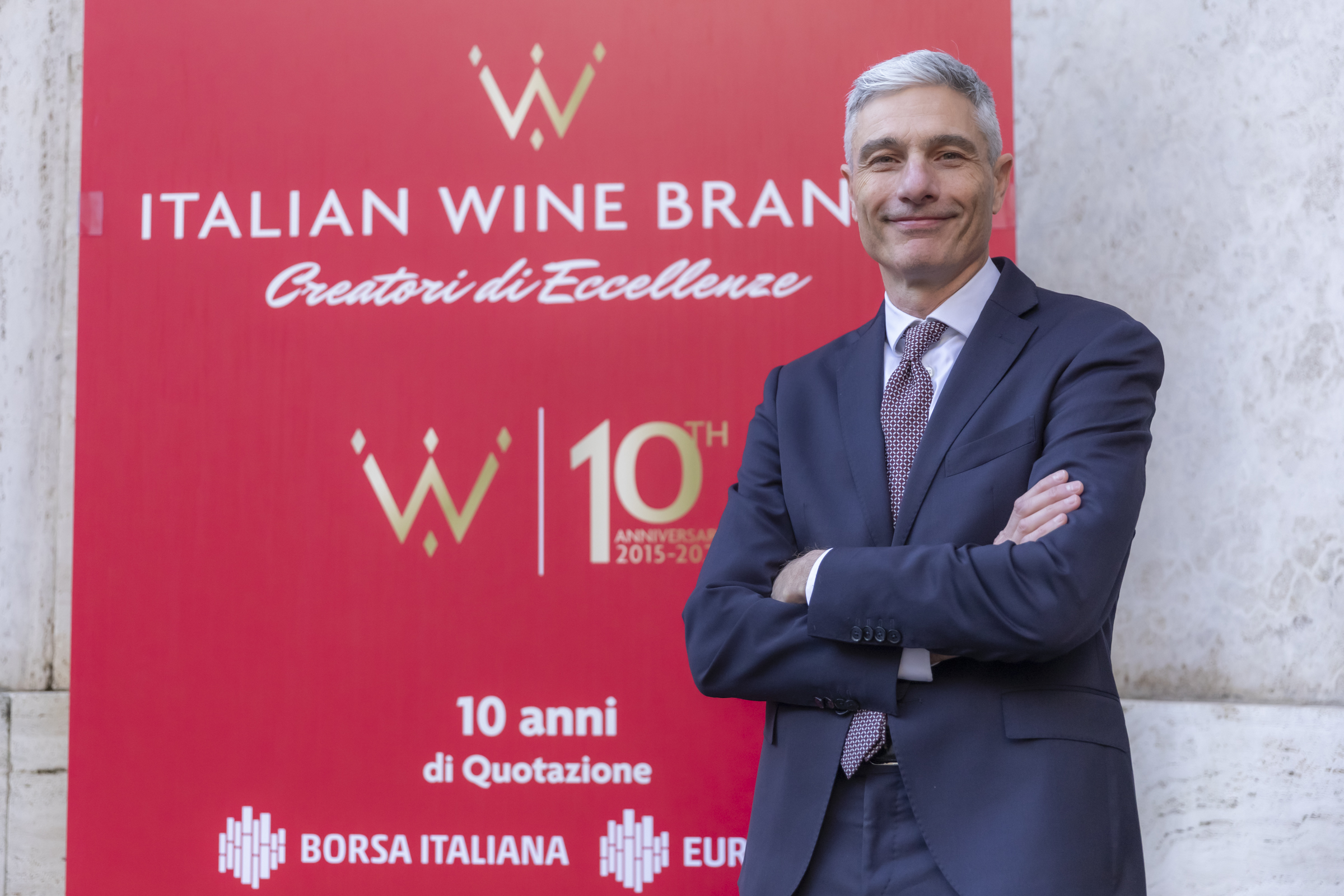
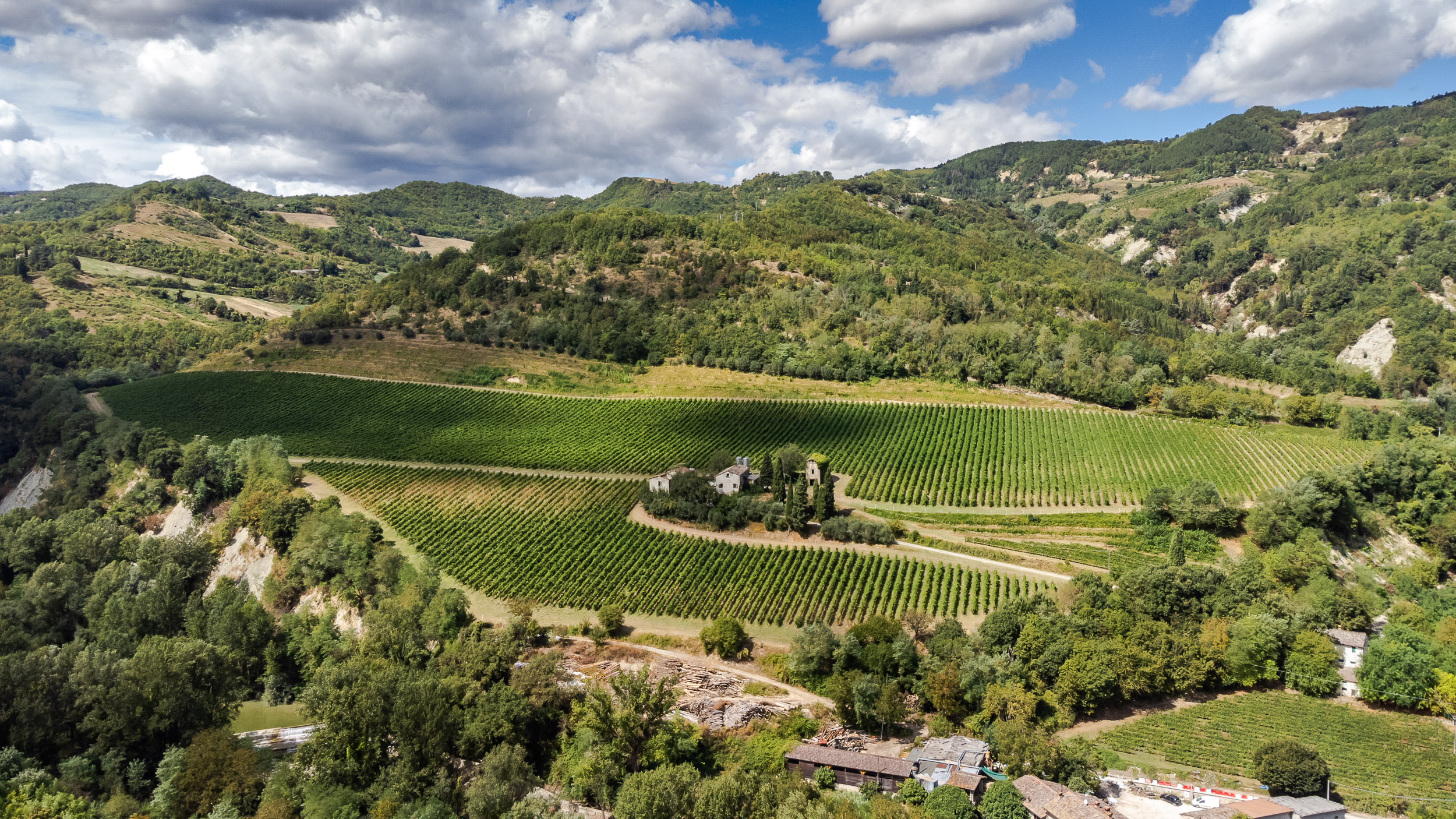
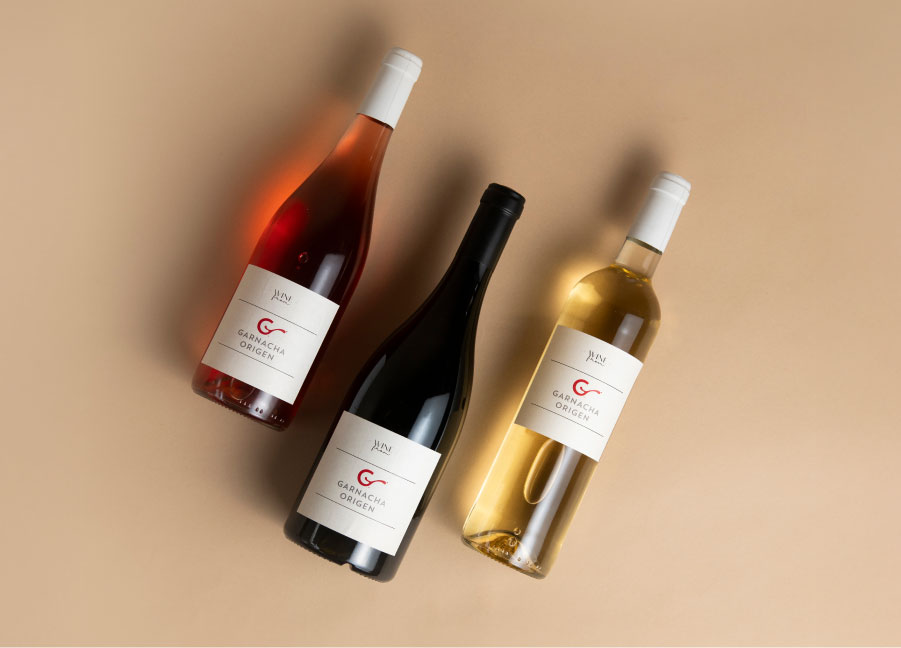

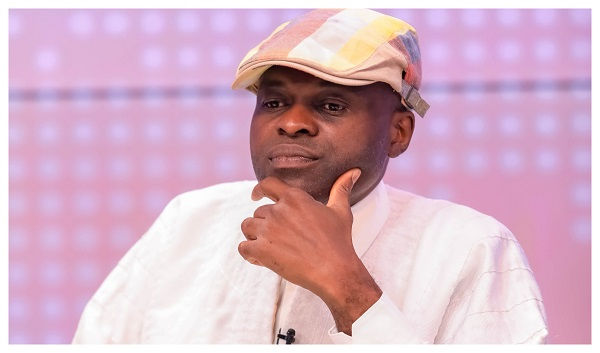







:quality(85):upscale()/2025/06/25/821/n/24155406/ba3b3d9a685c4306e02bf4.96106425_.jpg)




